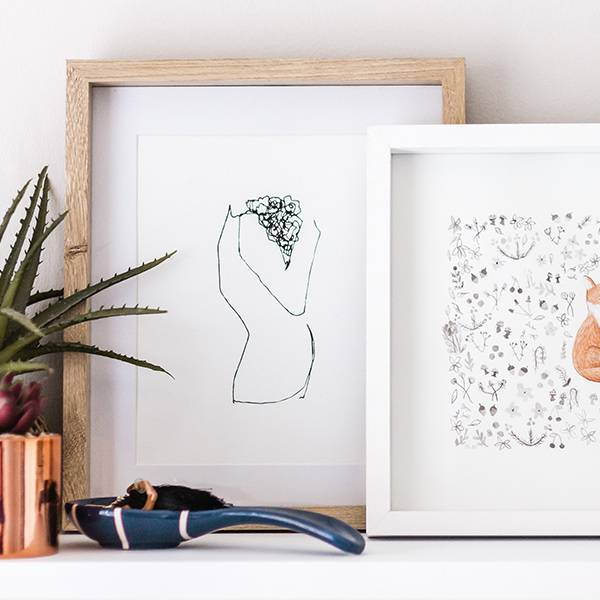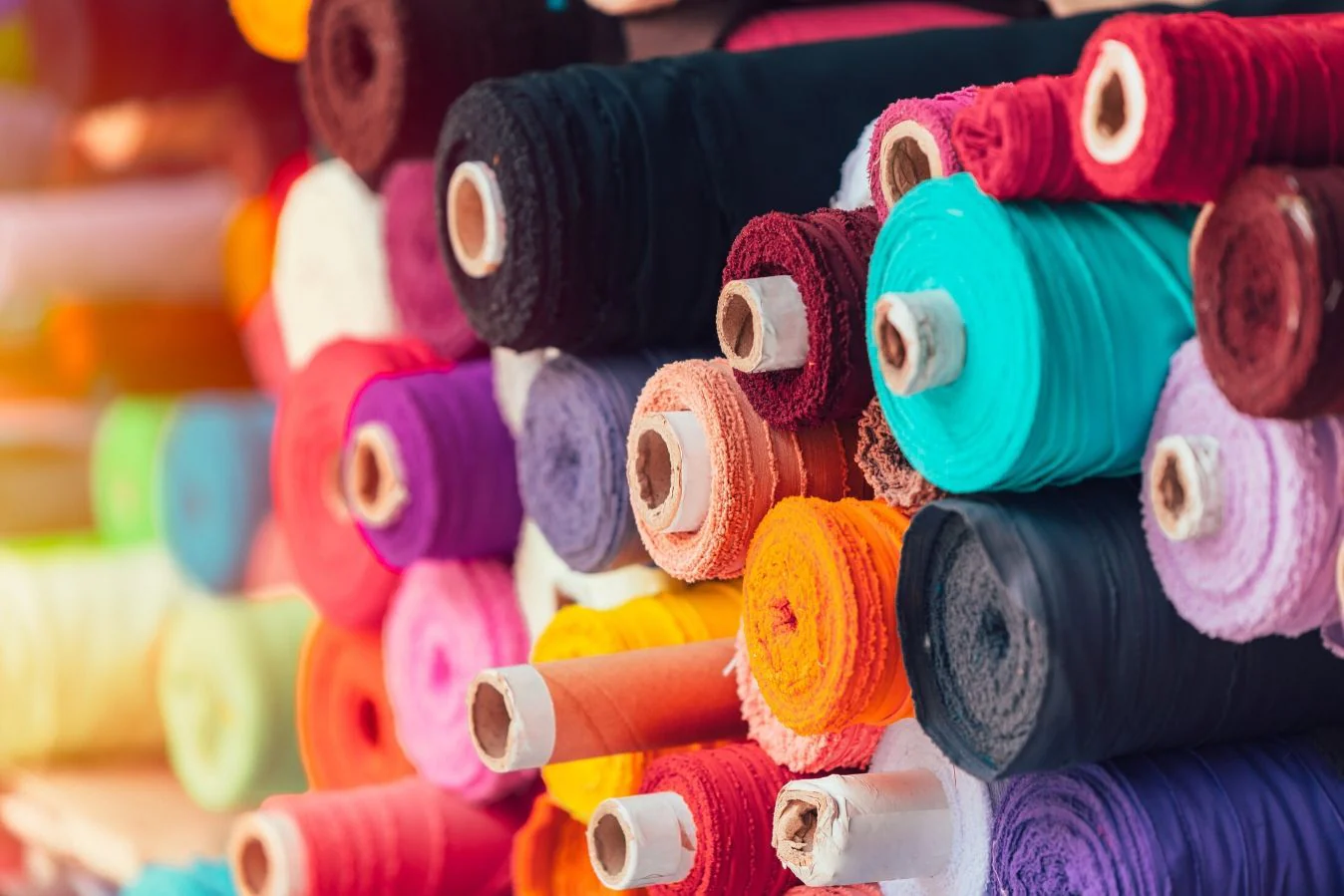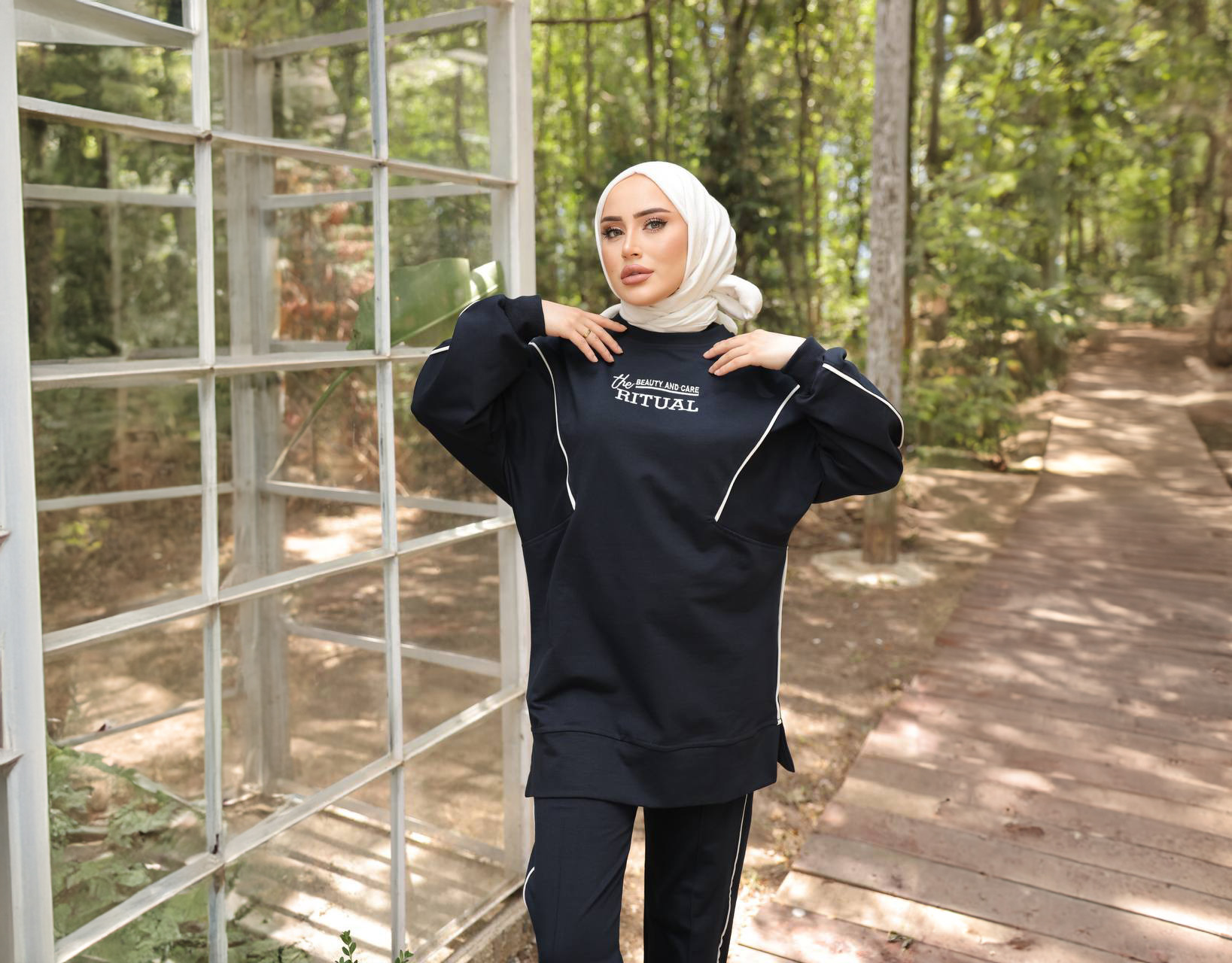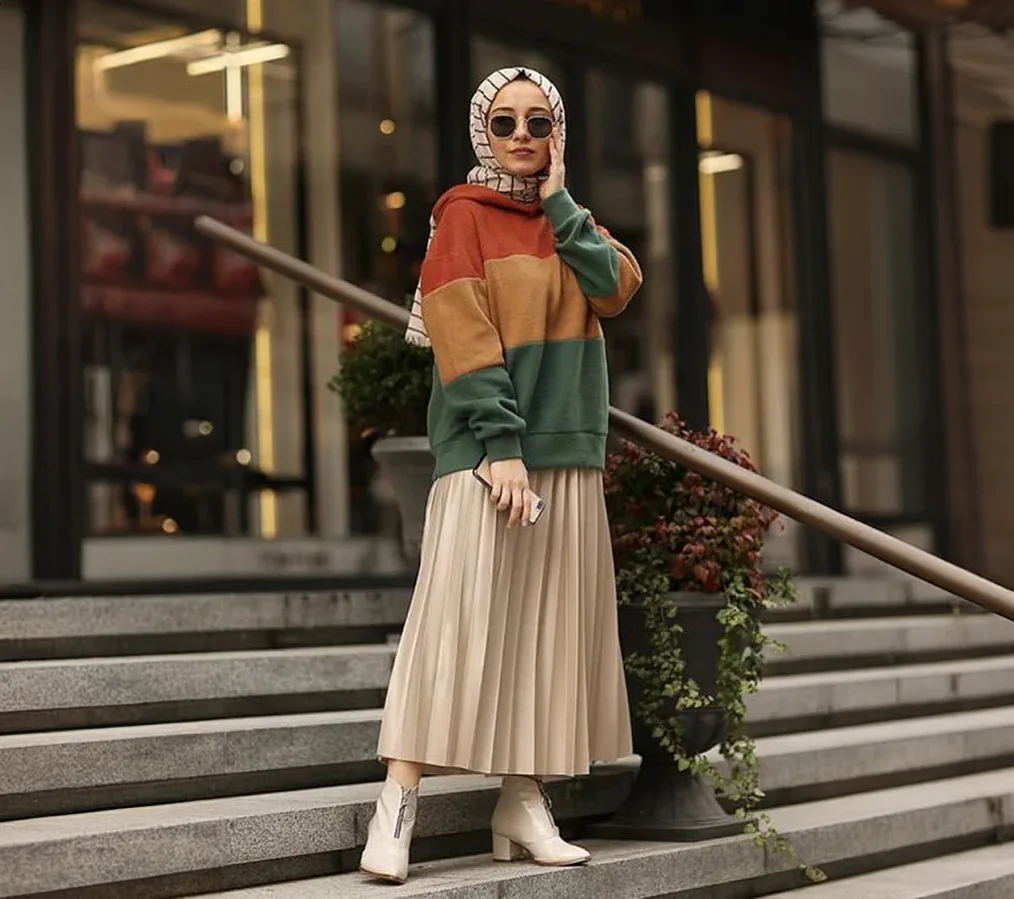Sustainable Fashion in Turkey: A Growing Trend
Embracing Eco-Friendly Materials: At the heart of sustainable fashion in Turkey lies a commitment to using eco-friendly materials that minimize environmental impact. Turkish designers and brands are increasingly turning to organic cotton, recycled polyester, and other sustainable fibers sourced from ethical and transparent supply chains. By prioritizing materials that are biodegradable, renewable, and non-toxic, they are reducing the carbon footprint of their products and promoting a more sustainable approach to fashion production.
Innovative Design Practices: Sustainable fashion in Turkey is also characterized by innovative design practices that prioritize longevity, versatility, and timeless style. Designers are creating garments with modular designs, adjustable fits, and multifunctional features that allow them to be worn in different ways and for longer periods. This shift towards “slow fashion” encourages consumers to invest in quality pieces that stand the test of time, rather than following fleeting trends and disposable fashion cycles.
Circular Fashion Initiatives: Turkey is increasingly embracing circular fashion initiatives aimed at reducing waste and promoting resource efficiency throughout the fashion lifecycle. From clothing rental services to garment repair and upcycling workshops, these initiatives encourage consumers to extend the lifespan of their clothing and minimize their environmental footprint. Additionally, Turkish brands are exploring innovative recycling and closed-loop production methods to create new garments from post-consumer and post-industrial waste, further advancing the circular fashion agenda.
Transparency and Accountability: Transparency and accountability are key principles of sustainable fashion in Turkey, as consumers demand greater visibility into the production processes behind their clothing. Turkish brands are adopting transparent supply chains, providing information about sourcing, manufacturing, and labor practices to ensure ethical and responsible production. By fostering trust and transparency, these brands empower consumers to make informed choices and support companies that align with their values.
Consumer Education and Awareness: Education and awareness play a crucial role in driving the adoption of sustainable fashion practices in Turkey. Through workshops, seminars, and awareness campaigns, organizations and activists are raising awareness about the environmental and social impacts of the fashion industry and promoting alternatives that prioritize sustainability and ethics. By empowering consumers with knowledge and resources, they are encouraging a shift towards more conscious consumption habits and a greater appreciation for sustainable fashion.
Government Support and Industry Collaboration: The Turkish government and industry stakeholders are also taking steps to support and promote sustainable fashion initiatives. From policy incentives and financial support for sustainable businesses to industry-wide collaborations and partnerships, there is a growing recognition of the importance of collective action in driving meaningful change. By working together, government agencies, industry associations, and businesses can create a more supportive ecosystem for sustainable fashion and accelerate the transition towards a more sustainable and equitable fashion industry in Turkey.
Manufacturing process and selection of high quality fabrics at Mimi Moda
Mimi Moda is a leading company in the field of manufacturing clothing and uniforms for institutions, hospitals and restaurants, and is distinguished by its focus on providing high-
Benefits of importing from Türkiye
Importing from Turkey has become an attractive option for many companies and individuals around the world due to the many advantages this country offers. These benefits vary and in
Success Story with Mimi Moda
Success Story with Mimi Moda In Riyadh, Khalid, the owner of a successful local restaurant chain, decided to expand his business and open new branches across the country. To achiev
Luxury shopping in Istanbul
Luxury shopping in IstanbulHere are some popular places for luxury shopping in Istanbul: Nisantasi: Nisantasi is a high-end shopping district in Istanbul, known for its designer bo
Things to do in Istanbul:
Things to do in Istanbul: Explore the Historic Sites: Visit iconic landmarks such as the Hagia Sophia, Topkapi Palace, Blue Mosque, and the Grand Bazaar to immerse yourself in Ista
Tips for coordinating colors in veiled clothes
Coordinating colors in veiled clothes can add a touch of elegance and beauty to your look. Here are some tips for coordinating colors beautifully:Basic and neutral colors:Basic col
Best Shopping Malls in Istanbul 2024
Best Shopping Malls in Istanbul 2024 Istinye Park: It is one of the largest shopping malls in Istanbul and offers a wide variety of international and local brands. It is known for
Islamic Fashion
Islamic Fashion: Turkish Influence and Global Appeal Islamic fashion, characterized by modesty while remaining stylish and contemporary, has seen significant influence from Turkish
How to start a wholesale clothing business
How to start a wholesale clothing business: tips and advice from Mimi Moda Starting a wholesale clothing business can be a profitable and exciting move, especially in a growing mar
















